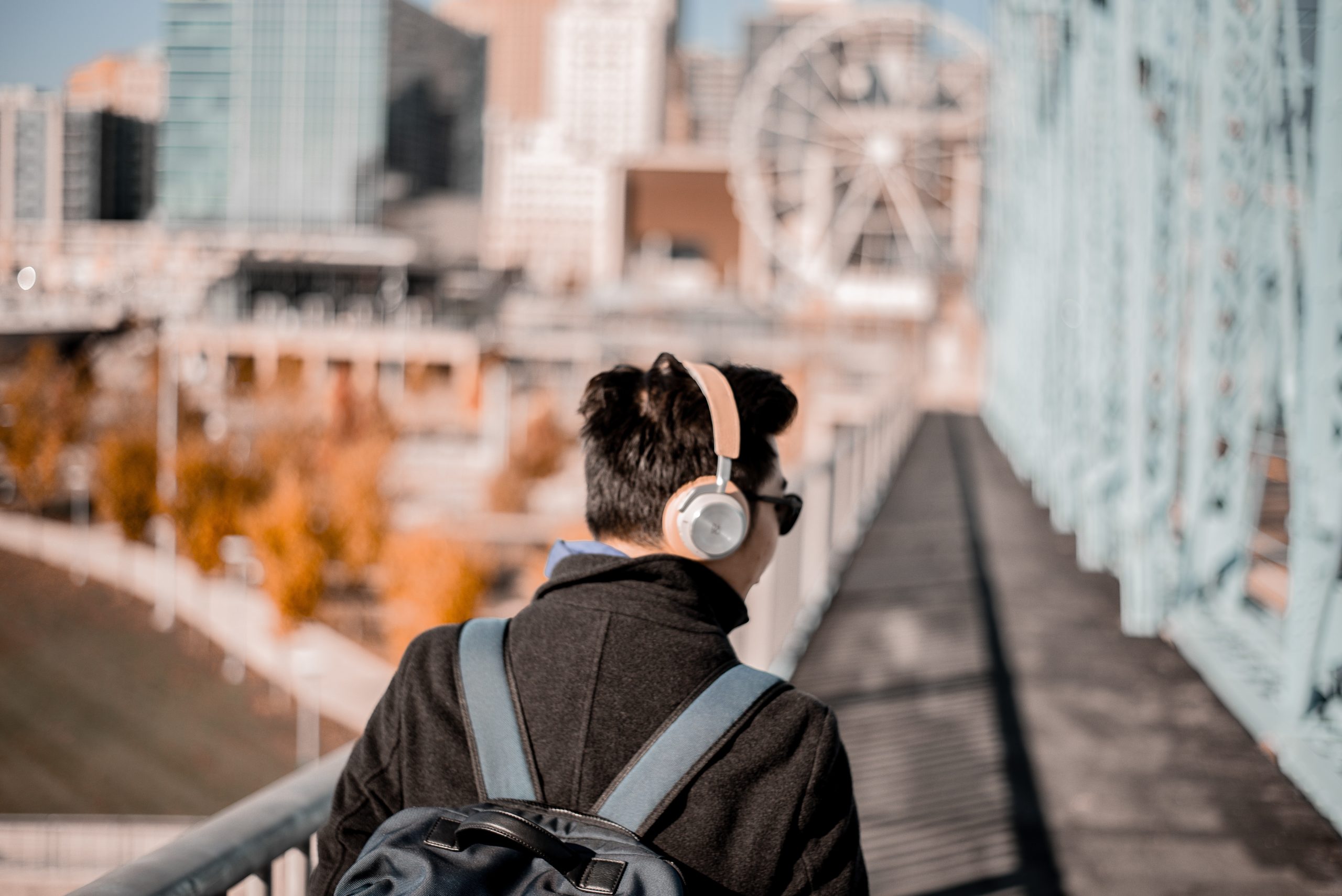news
Audiobooks: An erection of the heart
Th

Though Audiobook Month was last month, the publicity stunt inspired me to actually listen to audiobooks. When we think of literature, we usually only think of texts. We don’t think of performance, readings, podcasts, monologues, and we especially don’t think of audiobooks. But storytelling lies at the heart of this great endeavor we call literature. Whether sitting around a fire or a dinner table, or stuck in a cave with nothing to do besides paint, stories have played an integral role in the evolution of humanity. Our fondest childhood memories involve bedtimes stories from a loving parent, kissing us on the forehead, tucking us in. The warmth of a neat story wraps us in a comforting existential blanket.
If you’ve never listened to an audiobook, try to find a book you’ve never read. Listen to it for as long as you can, and you will feel a whole host of strange emotions attached to this new experience. I recently did this with Dave Eggers’s new book, A Hologram for the King. I began listening with the excitement reserved for a new effort from a favorite author. The words cascaded over and through me, and instead of relaxation, I chafed, like a child in a crib, against the claustrophobic feeling that hearing the story engendered. We learn, as we become “better” readers, to engage in what people refer to as active reading. We control the reading experience: the pace, the inflection, what gets underlined and what we skip over, but listening entails a complete subservience not only to the author, but the storyteller.
I contend that, at least initially, audiobooks can act as a mindfuck because we have grown so comfortable in our control of the reading process. Letting yourself be read to means ceding control, something that we’ve been inured against. But with this aversion to ceding control, we limit our ability to experience a book through different mediums of reception.
The different modes of reception―i.e. visual and aural―create different subjective experiences of the work of art. We don’t realize how much how the way we receive something matters. Reading a text, we assume, brings us closer to a direct experience with the text. Speech always involves some degree of translation. Even if the author themselves reads the book, they add another layer of interpretation between you and the text. This explains why we tend to think that movies rob books of the imaginative experience of reading―they substitute the director’s imagination for ours.
In a similar manner, the storyteller holds us captive. You cannot skim, you cannot choose the pace of reading. You must rely on the other person to finish the story for you. But audiobooks give us something that simple reading cannot. They allow us to attend to certain aspects of writing or style that we otherwise don’t notice, such as the musicality of words, the rhythm of sentences, and the flow of paragraphs. They also open us to distraction. When we read, our vision concentrates on the words in front of us, but when we listen, our eyes wander.
Reading offers respite from the tidal wave of consciousness in my head, while listening forces a confrontation with the content of my mind, as it contends with my thoughts for prominence. I find myself closing my eyes when listening, which might be the equivalent to reading in a quiet place.
And yet, the more I think about it, the more this binary opposition between speech and writing (Derrida would be proud) feels false. Reading, a more visual activity, occupies that strange nebulous world between the visual and the aural, because when we read some part of us still reads the words to ourselves. We refer to this type of inner-speech as subvocalization, or as the mechanism of consciousness, or self-awareness, but simply put, we tend to read to ourselves, even if this represents a less effective way of reading. If true, then the divide between reading and listening―like most divides we create―crumbles away. Whatever the difference, I feel overwhelmed with awe at the depth of the complexity in any text, story or speech. The fact that different modes of reception affect our understanding of stories gives me an erection of the heart.
Here’s a list of five audiobooks that provide a great place to start:
- Brief Interviews With Hideous Men — Written and read by David Foster Wallace. The recording is out of print, but you can find it here. Listening to DFW after his death is a surreal experience, but it also provides an amusing, deadpan commentary on the book itself.
- To the Lighthouse — Written by Virginia Woolf, read by Nicole Kidman. Perhaps, at first thought, this book signifies a terrible idea for an audiobook. The stream-of-consciousness prose would require, if spoken, one long breath. I give Kidman credit. She captures the beauty of the prose, the different voices, and adds a humor to this book that I didn’t catch the first three times.
- A Hologram for the King — Written by Dave Eggers, read by Dion Graham. See above comments.
- A Game of Thrones — Written by George R.R. Martin, read by Roy Dotrice. OK. I know the books are endless, and the TV show is already epic, but listening to this book truly recreates a new world, while keeping the genius of Martin’s prose intact.
- Beautiful Ruins — Written by Jess Walter, read by Edoardo Ballerini. I first read this book, then tried the audiobook to experiment with order. Walter’s new book is a stunner both in the written and spoken form.
***
— Joe Winkler is a freelance writer living on the Upper West Side. You can follow him here.









